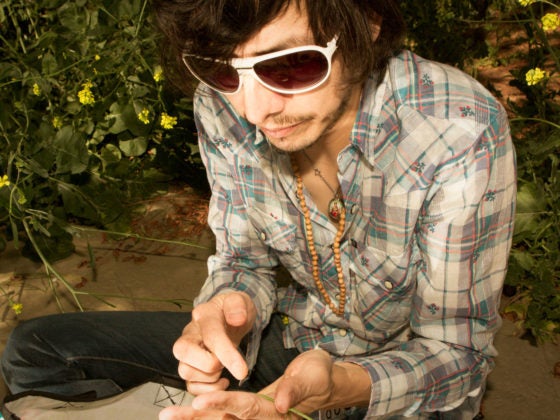We are ALL living in crazy times as this COVID-19 pandemic is doing an unwelcome world tour. Many of us have had to make drastic adjustments to our daily lives, like staying home–and many of us are going stir crazy doing it.
We wanted to bring you a little distraction to remind us that while we are in a crisis, our world isn’t ending and there is still plenty to appreciate and be grateful for. Some would even say that it is an opportunity to learn to appreciate what we have–Earth.
On March 28th at 8:30pm is Earth Hour. Ahead of Earth Hour, we had the opportunity to catch up with a notable Canadian astronomer Dr. Martin Connors of The Faculty of Science at Athabasca University to get information for you on stargazing, and looking into the night sky for distractions. Especially now, during these crazy times–and how relaxing it could be.
Q: Dr. Connors, how are you handling the COVID-19 pandemic personally?
Obviously, it leads to a level of concern about other people. I work for Athabasca University, which is a distance education “online” university, so I have worked out of my home office for many years. The personal impact on my daily life is fairly minimal since what people are being asked to do, I have done for years. On the other hand, I am a mathematician and have ramped up my mathematical studies of the pandemic. I find that leaders are working with very poor numbers, and mathematicians should be more in the loop. So I am much busier than usual, doing mathematical studies.
Q: Does astronomy play a role in how pandemics are spread or controlled?
Clearly, astronomy does not have much of a direct role in this. However, some of the best mathematicians I know got their training in astronomy.
To help us understand the pandemic with math, astronomers are often some of the most qualified people.”
Q: What peaked your interest in Science and Astronomy?
In about grade 3, there was a book in the school library by H. A. Rey, called “The Stars, a New Way to See Them”. It had great cartoons in it and helped me see the star patterns and understand astronomy. I bought a copy a few years ago, at least 50 years after first reading it. Only then did I realize who H. A. Rey was and why the cartoons were good: H. A. Rey is the author of “Curious George”!
Q: As this pandemic is spreading across the world quickly and people are isolating and staying in, you have some good news for us on Earth Hour March 28th, a literal bright spot for us to pay attention to, please tell us more?
I am trying to bring attention to the fact that we live in a beautiful universe even if it does have some scary things like viruses. I have told people for years that part of Earth Hour can be that by darkening the night by turning off lights, you can see the beauty of the sky better. By chance, this year’s Earth Hour has a fantastic setup for that, with Venus and the Moon in spectacular pairing, and bright stars of the winter sky easy to see. For many, there will also be a visit by the International Space Station (at different times depending where in the country).
Q: What is the best way for us to experience this phenomenon?
The main part is to have a clear view of the southwestern horizon, to the left of where the Sun set, about an hour to two after the Sun sets. With mobility restrictions this may be harder than most years unless your home or balcony points in that direction. If public parks are open, then go to one with a family group (but, do not violate social distancing rules that may be in effect) and face southwest. It is still also important to dress warmly since the temperature goes down quickly after sunset. Binoculars are helpful to see the Moon better.
Q: Earth Day’s 50th anniversary is April 22nd. What is the best way for us to celebrate?
My personal prediction is that we will be seeing the tail end of the pandemic by then. If gathering rules have been relaxed, a big party with other people would be great to celebrate. We have to realize that other people make the Earth a great place, but also that the cooperation we will have used to beat the virus also must be used to solve other problems the Earth faces.
So there you have it folks we can make this a virtual party with our mobile devices by group experiencing this amazing phenomenon by adhering to the social distancing guidelines and looking to the southern night sky. Enjoy and take your mind on a beautiful journey and remember we will get through this together.

















